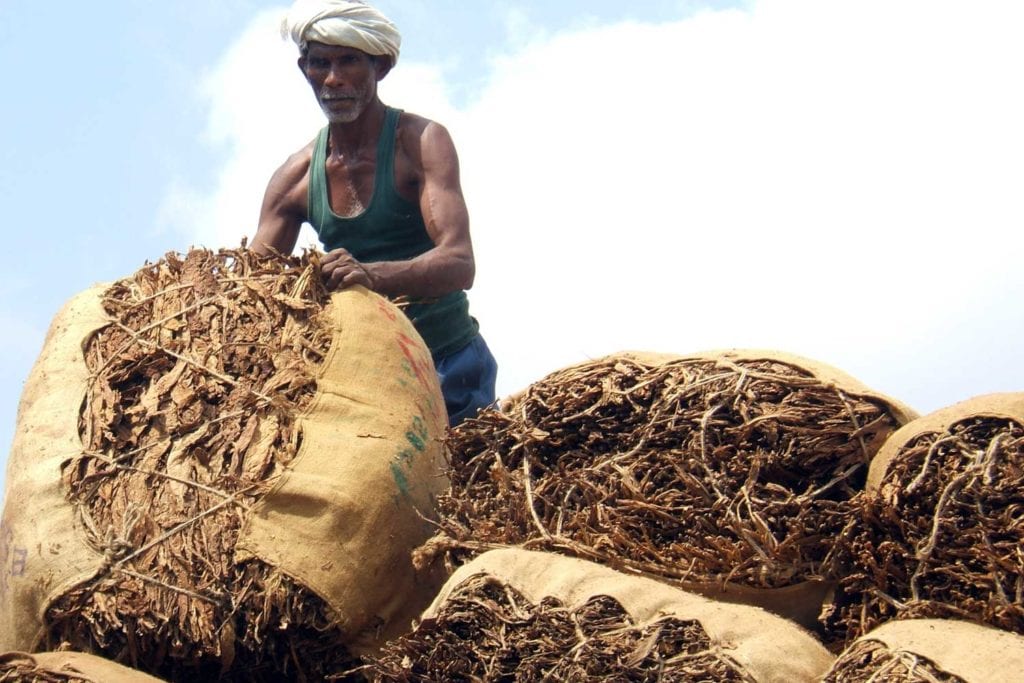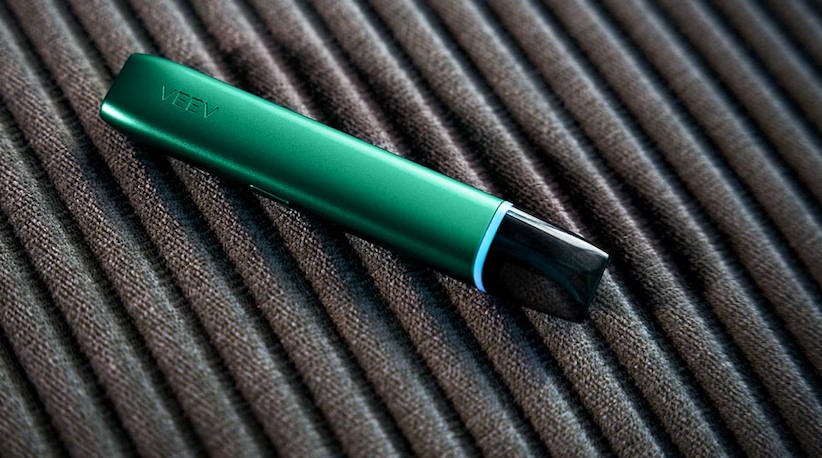
A ban on advertising e-cigarettes in Ukraine, including heated-tobacco products, goes into effect on July 11. Flavored electronic nicotine-delivery systems (ENDS) products are also banned.
The advertising rule applies to all types of media, including the Internet, social media, public transportation, and public events.
“The advertising, sales promotion and sponsorship of electronic cigarettes, liquids used in them, and devices for consumption of tobacco products without burning them (including IQOS and glo devices) will be prohibited from 11 July 2023,” according to the WHO Framework Convention on Tobacco Control (FCTC).
“Flavored cigarettes and flavored liquids for ENDS will also be banned at that date. Further, from 11 January 2024, the combined textual plus pictorial warnings will be required to cover 65 percent of both sides of the pack of smoking tobacco products (conventional cigarettes).”
The fine in the case of a violation is UAH30,000 ($812), and for each subsequent violation – UAH50,000. In addition, similar to the general smoking ban, the law prohibits the use of heated tobacco products in all public places and businesses.
In 2021, Ukrainian lawmakers passed the law prohibiting the use of ENDS in public places as well as advertising, sponsorship, and promotion of e-cigarettes. The law also bans the sale of flavored e-liquids other than tobacco flavors.

















